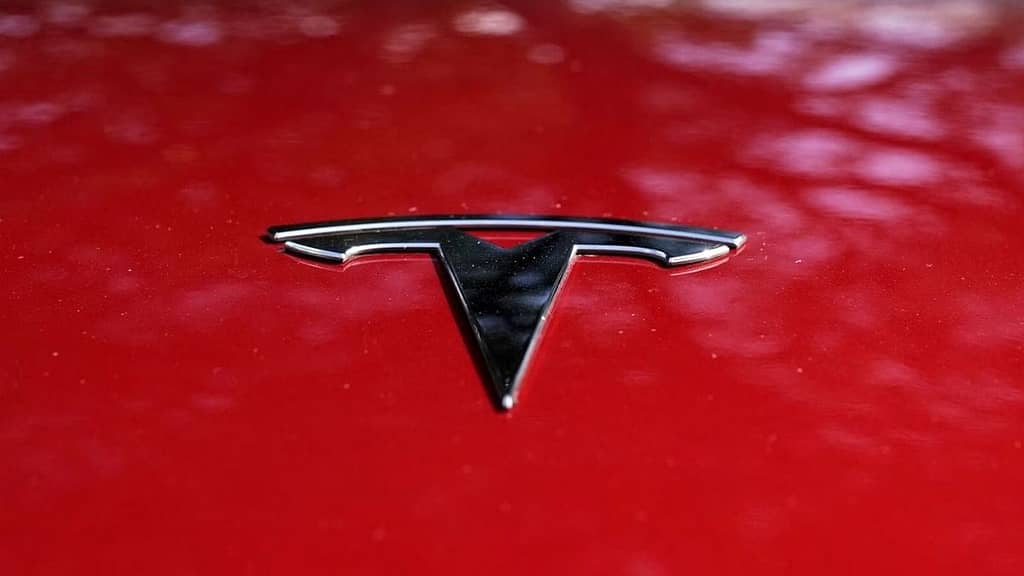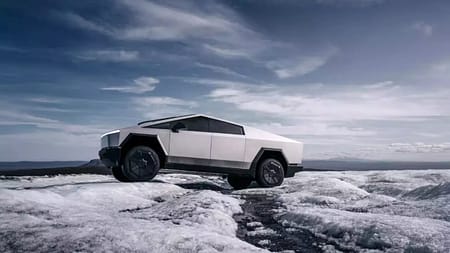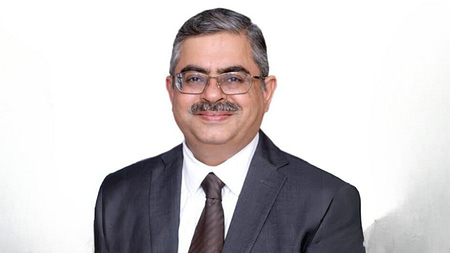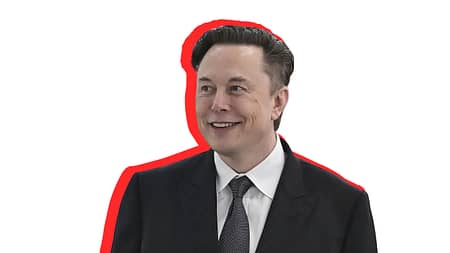New Delhi: Following the Indian government’s rejection of Tesla’s demand for import duty cuts, the renowned electric vehicle (EV) manufacturer, led by Elon Musk, had initially put its plans to enter the Indian market on hold in mid-2022. However, recent developments suggest a change in Tesla’s approach.
Although specific details remain undisclosed, it is evident that Tesla has shifted its stance. The company has dropped its demand for an upfront reduction in import duties as a precondition to considering manufacturing in India. A team from Tesla, including supply chain executives from the United States, has visited India and held meetings with key ministries.
While the government’s position on import duty cuts remains unchanged, Tesla’s willingness to discuss manufacturing in India without insisting on duty reductions is a notable shift. If Tesla presents a comprehensive plan for domestic car manufacturing, the government may consider offering certain incentives and concessions to promote phased manufacturing.
These incentives could include concessions on duties, depending on the proposed domestic manufacturing plan. Adjustments to the Production-Linked Incentive (PLI) scheme might also be considered, among other possible concessions.
Senior government officials highlight that Tesla’s earlier demand for duty cuts was viewed as a precondition, solely for importing fully assembled cars into India, without any concrete proposal to establish a domestic manufacturing facility. The government maintains that any import duty concessions should be applied universally rather than exclusively benefiting one player. This is particularly important as India is currently engaged in negotiations for free trade agreements with other countries and trading blocs, such as the European Union and the United Kingdom, which possess competitive car manufacturing sectors and are seeking import duty reductions.
Currently, India imposes customs duties ranging from 60 to 100 per cent on fully assembled cars imported as completely built units (CBUs) based on engine size and the cost, insurance, and freight (CIF) value. Cars costing $40,000 or more attract a 100 per cent duty, while those priced below $40,000 face a 70 per cent duty. Tesla had requested a reduction of these duties to 40 per cent or lower.
Tesla India Motors and Energy Private Limited was incorporated as a private company in January 2021 and is classified as a subsidiary of a foreign company. Registered with the Registrar of Companies (RoC) in Bangalore, it has an authorized share capital of Rs. 50 crore and a paid-up capital of Rs. 35 crore. The company’s directors include its India head, Prashanth Ramanathan Menon, and David Jon Feinstein, according to RoC records.
In conclusion, Tesla appears to have changed its approach towards entering the Indian market. While import duty cuts remain a contentious issue, Tesla is now willing to discuss manufacturing in India without making it a precondition. With the potential for incentives and concessions, the government may consider facilitating Tesla’s phased manufacturing plans. This shift could pave the way for Tesla to establish a manufacturing presence in India and contribute to the country’s growing EV ecosystem.










